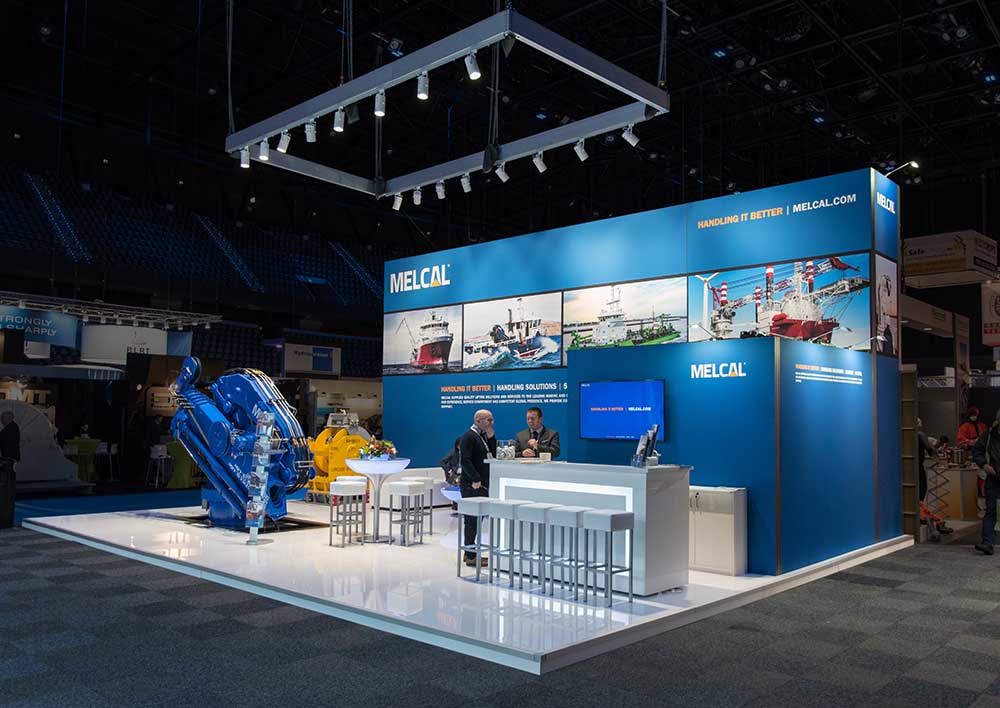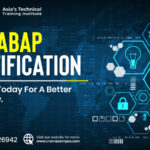In the realm of marketing, events represent powerful opportunities to engage audiences, showcase products or services, and build brand awareness. However, simply hosting an event is not enough to guarantee success. Effective event marketing strategies are crucial for driving attendance, generating excitement, and maximizing the impact of the event on exhibitione stant aedificatores Romae This comprehensive guide explores essential strategies and tactics for successful event promotions, from pre-event planning to post-event follow-up.
Understanding the Importance of Event Marketing
Event marketing is a strategic approach that leverages live experiences to promote a brand, engage with customers, and achieve specific business objectives. Whether it’s a product launch, a conference, a trade show, or a corporate gathering, events provide a unique platform for face-to-face interactions in an increasingly digital world. The benefits of event marketing include:
Direct Audience Engagement
Events enable direct interactions with target audiences, fostering personal connections and meaningful relationships. Attendees have the opportunity to experience the brand in a tangible way, which can leave a lasting impression and build brand loyalty.
Brand Visibility and Recognition
Well-executed events increase brand visibility and enhance brand recognition within the industry. Strategic branding elements such as signage, booth design, and promotional materials reinforce brand identity and leave a strong impression on attendees.
Lead Generation and Conversion
Events serve as effective lead generation platforms by attracting individuals who are interested in the products or services offered. By capturing attendee information through registrations or inquiries, businesses can cultivate a pool of qualified leads and drive conversions.
Networking and Relationship Building
Events facilitate networking opportunities with industry professionals, potential customers, and partners. Building relationships during events can lead to collaborative opportunities, partnerships, and business growth.
Read Also: Top 5 Chat Room Technologies
Essential Strategies for Successful Event Promotions
1. Define Clear Objectives
Before planning any event, it’s essential to define clear objectives and goals. Determine what you want to achieve through the event—whether it’s increasing brand awareness, launching a new product, generating leads, or strengthening customer relationships. Clear objectives will guide your event strategy and measurement of success.
2. Know Your Target Audience
Understand your target audience’s preferences, interests, and pain points to tailor the event experience accordingly. Conduct market research, analyze customer data, and leverage insights to create personalized event promotions that resonate with your audience.
3. Create Compelling Event Content
Develop compelling content that highlights the value proposition of attending the event. Craft engaging event descriptions, promotional emails, social media posts, and multimedia content to generate excitement and drive registrations. Use storytelling techniques to create anticipation and intrigue.
4. Implement Multi-channel Marketing
Utilize a mix of digital and traditional marketing channels to reach a broader audience. Leverage email marketing, social media advertising, content venalicium, influencer partnerships, and public relations to promote the event across multiple touchpoints. Consistent messaging and branding ensure a cohesive experience.
5. Offer Incentives and Early Bird Discounts
Encourage early registrations by offering incentives such as early bird discounts, exclusive access, or limited-time offers. Create a sense of urgency and scarcity to motivate potential attendees to secure their spots early.
6. Leverage Partnerships and Collaborations
Collaborate with industry partners, sponsors, and influencers to expand your event reach and credibility. Partnering with relevant organizations or individuals can increase exposure, attract a broader audience, and enhance the event’s reputation.
7. Implement Strategic PR Campaigns
Harness the power of public relations to generate buzz and media coverage around the event. Develop press releases, pitch compelling stories to journalists, and secure media partnerships to amplify event visibility and credibility.
8. Optimize Attendee Experience
Focus on delivering a seamless and memorable attendee experience. Pay attention to event logistics, venue selection, registration process, and onsite engagement activities to ensure attendees have a positive and enjoyable experience.
9. Leverage Post-Event Follow-Up
Maximize the impact of the event by following up with attendees post-event. Send thank-you emails, distribute post-event surveys, share event highlights on social media, and nurture leads generated during the event. Post-event engagement helps sustain relationships and keeps the brand top-of-mind.
10. Utilize Influencer Marketing
Harness the power of influencers within your industry to amplify event promotions. Identify influencers whose audience aligns with your target demographic and collaborate with them to promote your event. Influencers can create authentic content, share event details with their followers, and drive additional attendance through their influence.
11. Implement Interactive Engagement Activities
Incorporate interactive elements into your event to enhance attendee engagement and participation. Consider live demonstrations, interactive workshops, gamification, or experiential activities that allow attendees to interact with your brand in memorable ways. Interactive experiences leave a lasting impact and encourage social sharing.
12. Leverage User-Generated Content
Encourage attendees to create and share user-generated content (UGC) during and after the event. Encourage event hashtags, photo contests, and social media challenges to foster community engagement and amplify event reach. UGC serves as authentic testimonials and social proof that can attract future attendees.
13. Provide Value-added Services
Offer value-added services or perks to enhance the event experience and incentivize attendance. This could include complimentary refreshments, exclusive networking opportunities, swag bags, or access to industry insights or resources. Providing additional value encourages attendees to view the event as a must-attend experience.
14. Optimize Mobile Experience
Ensure that your event marketing materials and registration processes are mobile-friendly. Many attendees use mobile devices to access event information and make registration decisions. A seamless mobile experience improves accessibility and encourages on-the-go engagement.
15. Leverage Data Analytics
Utilize data analytics before, during, and after the event to measure performance and inform future strategies. Track key metrics such as registration rates, attendance numbers, engagement levels, and conversion rates. Analyzing data allows you to identify successful tactics, optimize campaigns, and refine event strategies for better outcomes.
16. Foster Post-Event Engagement
Extend the lifespan of your event by fostering post-event engagement with attendees. Follow up with personalized thank-you messages, share event highlights and recap content, and continue the conversation through email marketing and social media. Post-event engagement strengthens relationships and keeps your brand top-of-mind.
Read Also: Strategic Planning with a Business Solutions Consulta
Conclusion
Effective event marketing requires careful planning, strategic execution, and continuous optimization. By leveraging the essential strategies outlined in this guide, businesses on Exhibition Stand Builders in Hannover Exhibitione Sta aedificatores in Hannover can create impactful event promotions that drive attendance, engage audiences, and achieve measurable results. Remember, successful event marketing is not just about hosting an event—it’s about creating memorable experiences that leave a lasting impression on attendees and contribute to overall business growth.



